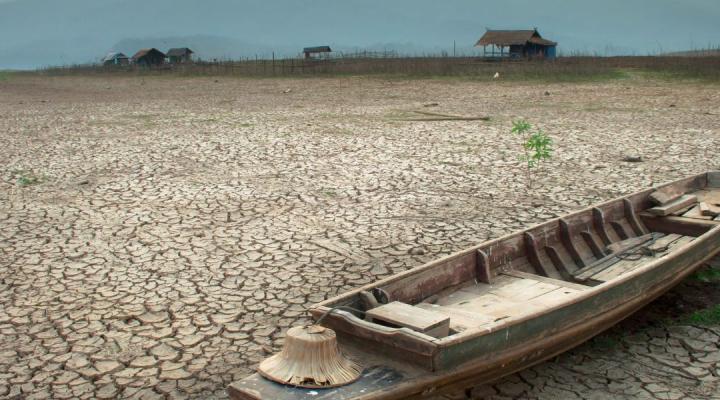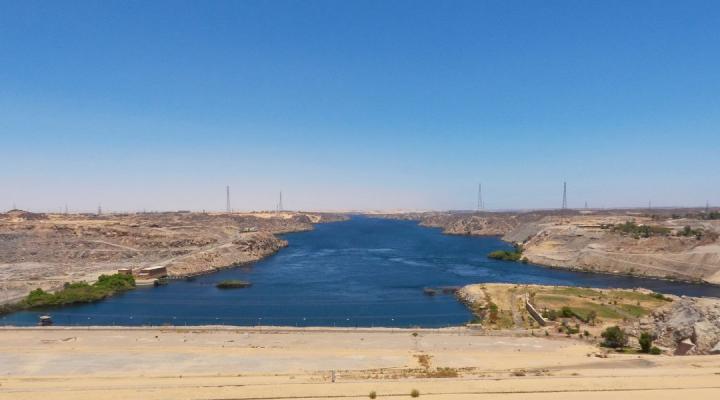Background resources on extreme weather for the Burjeel Holdings and Saïd Business School Climate Change Challenge
Extreme weather events and climate change
Climate change is affecting average weather conditions across the globe. Extreme weather events like heatwaves, heavy precipitation, droughts, and tropical cyclones have increased over the past decade.
According to the 2023 United Nations IPCC report:
- Human activities, principally through emissions of greenhouse gases, have unequivocally caused global warming, with global surface temperature reaching 1.1°C above pre-industrial levels between 2011-2020.
- The frequency and intensity of heavy precipitation events have increased since the 1950s.
- Human-induced climate change has contributed to increases in agricultural and ecological droughts in drying regions due to increased land evapotranspiration.

The graphics in this BBC article show how climate change worsens heatwaves, droughts, wildfires, and floods.
The impact of extreme weather events on population displacement
Even a 1°C rise on normal temperatures – whether sustained or frequently re-occurring over a few months – is enough to cause pastures to dry up and crop yield to change.
Extreme weather events disrupt people's livelihoods by destroying their houses, assets and other capital, and reducing income and stocks, resulting in enduring poverty and prolonged shocks and stresses.
- The National Geographic Society says if timely action is not taken, ‘an increasing number of people worldwide will lose their homes and be forced into poverty.' They estimate an average of around 22.5 million people have been displaced per year by climate or weather-related events since 2008.
- Last year's devastating floods in Pakistan alone affected 33 million people and left eight million displaced.
- Recent research from the University of Oxford's Environmental Change Institute and Smith School of Enterprise and the Environment, studying the effects of conflict, weather, and drought, on forced displacement in Somalia found that a 1°C temperature increase can cause a tenfold increase in displaced people.
More than 400 peer-reviewed studies by scientists have examined weather extremes worldwide, including phenomena like wildfires in the United States, heatwaves in India and Pakistan, typhoons in Asia, and record-breaking rainfall in the United Kingdom. These investigations are yielding growing evidence that human activities are amplifying the risk of certain types of extreme weather events, especially those connected to rising temperatures.
Carbon Brief, a UK-based website covering the latest developments in climate science, climate policy and energy policy has developed an interactive map where you can explore 504 extreme weather events and trends across the globe for which scientists have carried out attribution studies.

Cooling the world without heating the planet

Climate change is already bringing higher average temperatures and an increased number of heatwaves. Societies need to plan now for how they will keep people comfortable, healthy and economically productive in these temperatures, and to do so sustainably. Here at the University of Oxford the Oxford Martin Programme on the Future of Cooling is applying interdisciplinary research methods to help steer the world towards sustainable cooling for all, and to establish cooling as a global priority for governments and organisations.
- How do we stay healthy and comfortable in a heatwave?
- How do we do it without burning more fossil fuels?
- How should our cities and towns change to adapt?
Their latest report Cooling the World Without Heating the Planet answers these questions and more.
The Influence of Climate Change on Extreme Environmental Events
National Geographic
Climate change and extreme weather
World Meteorological Organization | 2022
Extreme weather highlights need for greater climate action
UN | July 2023
Large weather and conflict effects on internal displacement in Somalia with little evidence of feedback onto conflict
Science Direct | February 2023





